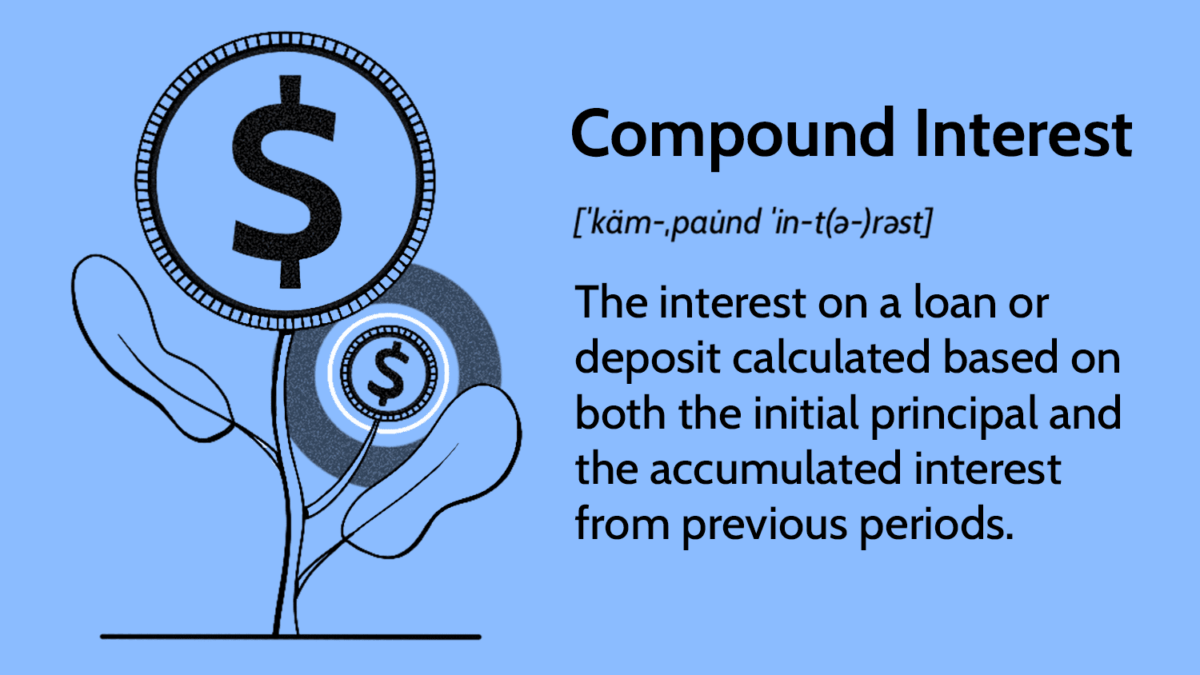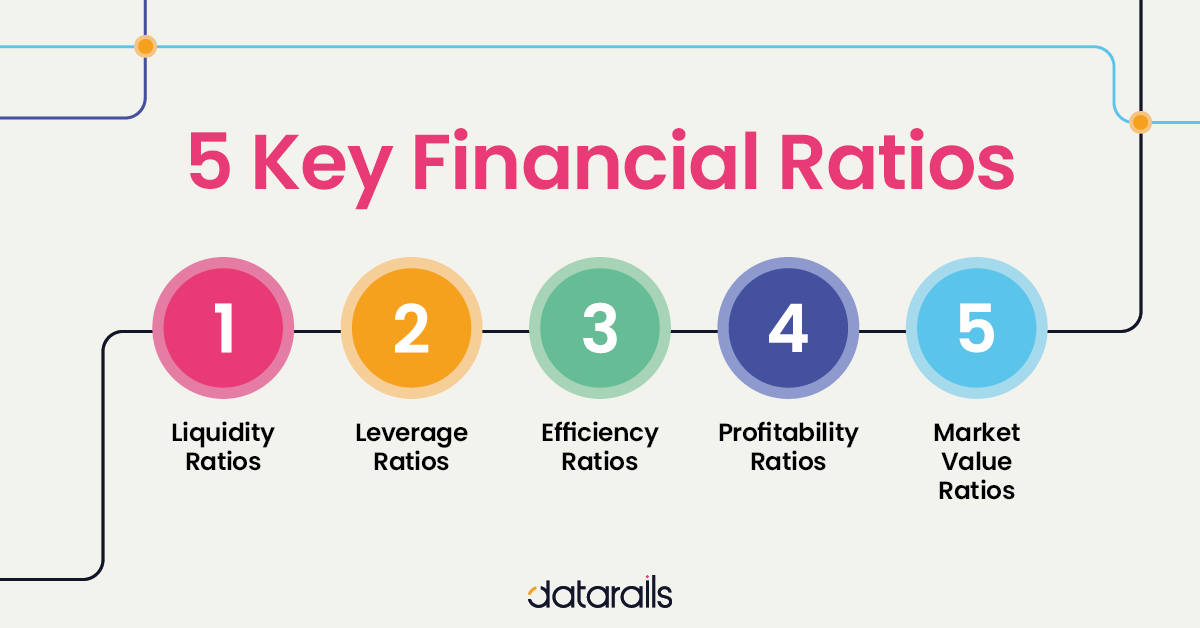
Corporate finance is the area of finance that deals with the raising, allocation, and management of financial resources within a business. It is concerned with the financial decisions that a company makes to achieve its goals, such as maximizing shareholder value.
Corporate finance is a vast and complex field, but it can be broken down into three main areas:
- Capital budgeting: This is the process of determining which investments will generate the highest return for the company. Capital budgeting decisions include whether to invest in new equipment, expand into new markets, or acquire another company.
- Working capital management: This is the process of managing the company’s short-term assets and liabilities. Working capital management decisions include how much inventory to carry, how much debt to finance operations, and how to manage cash flow.
- Financial planning and analysis: This is the process of forecasting the company’s future financial performance and using that information to make decisions about how to allocate resources. Financial planning and analysis decisions include setting budgets, forecasting cash flow, and analyzing the company’s financial performance.
Corporate finance is an important part of any business. By making sound financial decisions, companies can increase their chances of success.
Here are some of the key concepts in corporate finance:
- Cost of capital: This is the rate of return that a company must earn on its investments in order to satisfy its investors. The cost of capital is used to discount future cash flows to determine the present value of an investment.
- Capital structure: This is the mix of debt and equity that a company uses to finance its operations. The capital structure affects the company’s cost of capital and its risk profile.
- Dividend policy: This is the decision of how much of the company’s earnings to distribute to shareholders in the form of dividends. Dividend policy affects the company’s cost of capital and its share price.
- Mergers and acquisitions: This is the process of buying or selling another company. Mergers and acquisitions can be used to grow the company, enter new markets, or acquire new technologies.
Corporate finance is a dynamic and ever-changing field. New financial instruments and technologies are constantly being developed, and the global financial markets are constantly evolving. As a result, corporate finance professionals need to be constantly learning and adapting to new challenges.
Despite the challenges, corporate finance is a rewarding field. By helping companies make sound financial decisions, corporate finance professionals can help to create jobs, grow the economy, and improve the lives of millions of people.
Here are some of the benefits of corporate finance:
- Increased efficiency: By using financial analysis, companies can identify areas where they can save money and improve their efficiency.
- Improved decision-making: By using financial tools, companies can make better decisions about how to allocate resources.
- Increased profitability: By making sound financial decisions, companies can increase their profits and create value for shareholders.
- Enhanced growth: By using financial resources effectively, companies can grow their businesses and create new opportunities.
- Improved risk management: By understanding financial risks, companies can develop strategies to mitigate those risks and protect their assets.
Corporate finance is a complex and challenging field, but it is also an essential one. By understanding the principles of corporate finance, companies can make better decisions and improve their chances of success.




